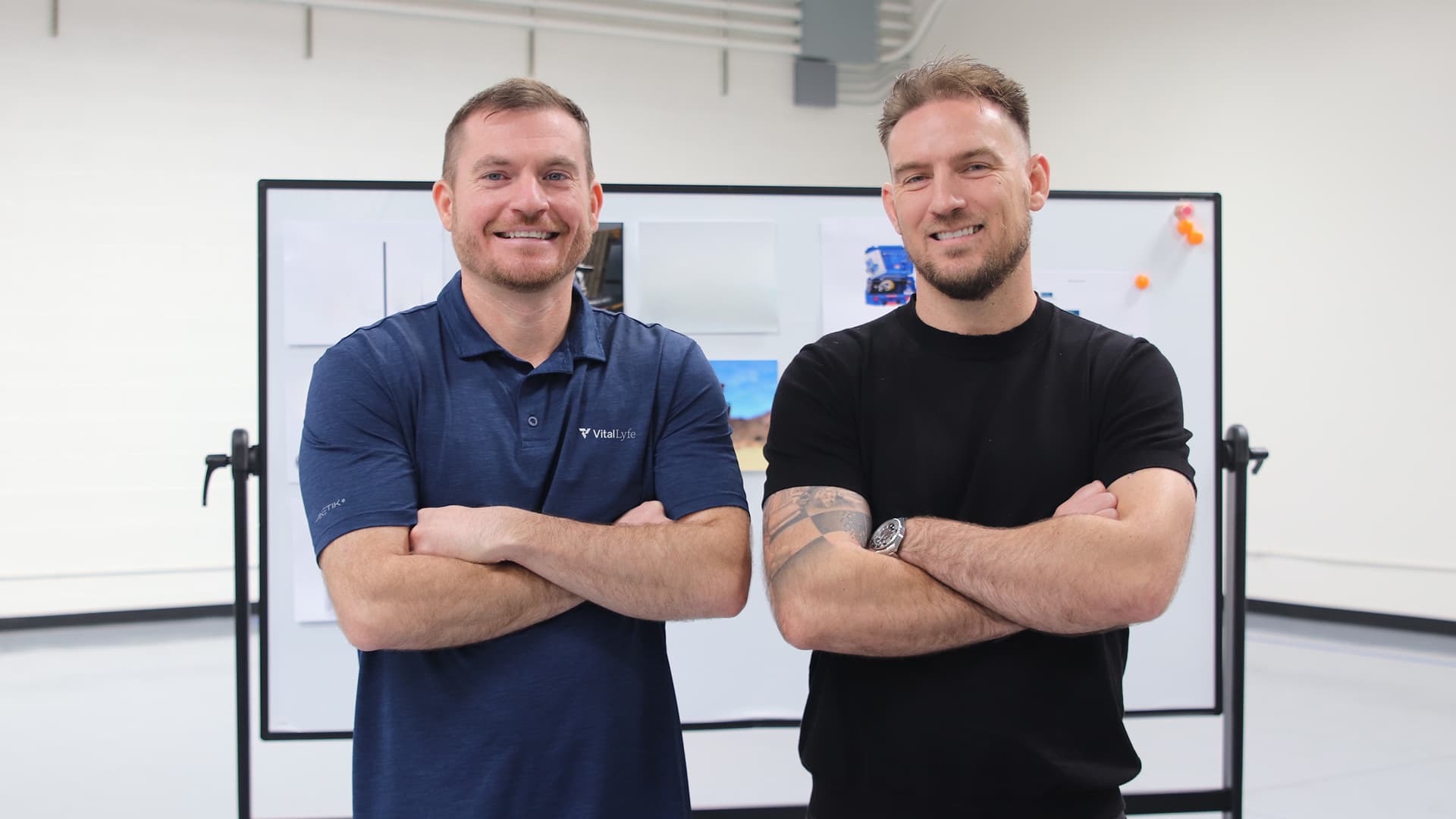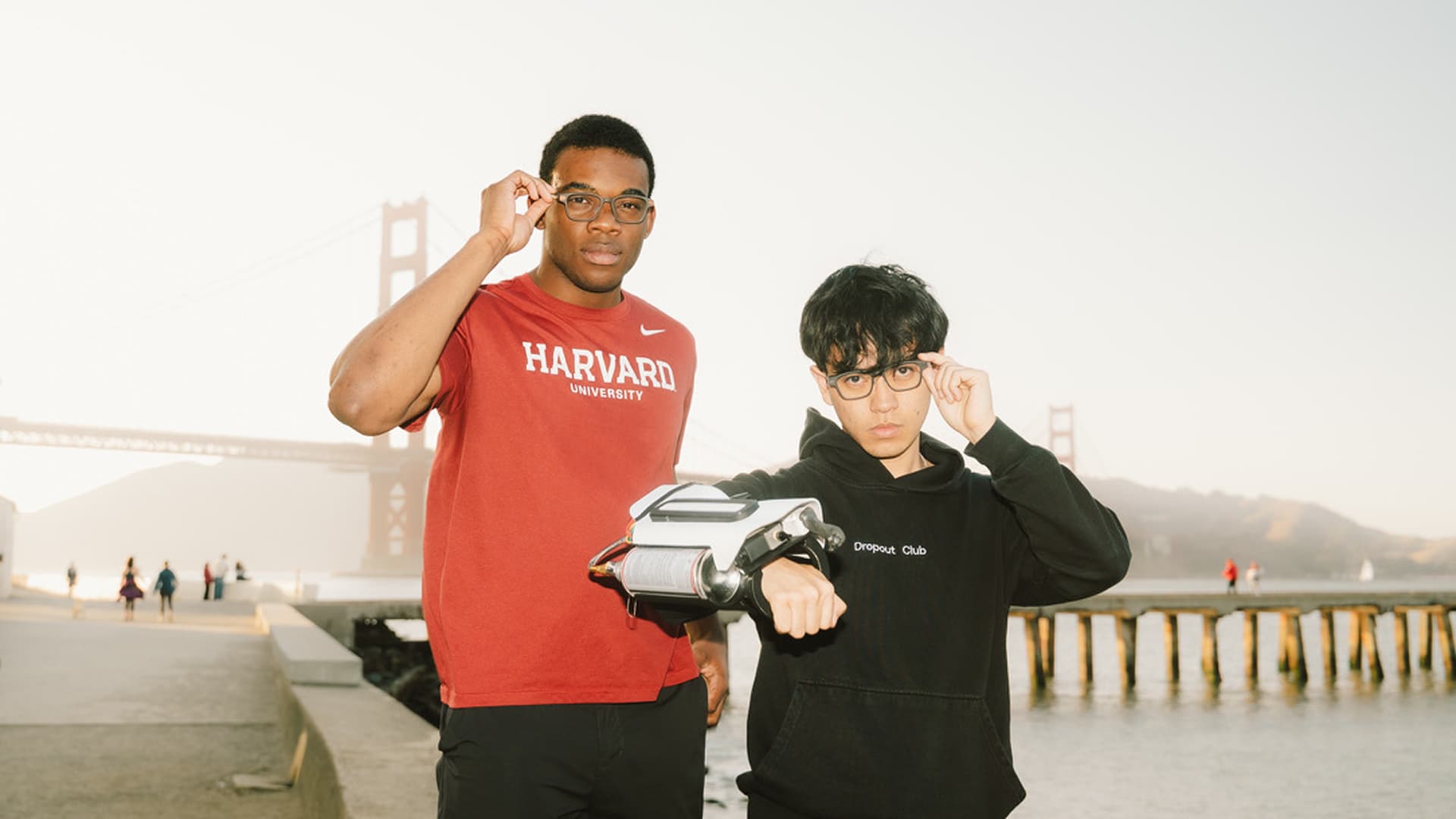Table of contents
GC’s enthusiasm for the insurance technology sector is rooted in a belief in the power of insurance as a financial service for smoothing out losses in times of hardship. While the sector accounts for nearly 10% of Fortune 500 companies, the overwhelming majority of incumbents were founded not just pre-internet, but before the advent of modern digital computing. Smartphone ubiquity and continuous connectivity are new laws of nature, providing opportunity to provide consumers and businesses alike with better product experiences that are both long overdue and deserved. This includes changing how companies interact with customers, how policies are priced and purchased, and how claims are submitted and processed.

Our early explorations of the insurance sector led to our Series A investment in Oscar, a modern health insurance carrier driven by the principles of transparency, accessibility, and technology to improve customer satisfaction and drive down the cost of care. Since then, we’ve been active in learning and investing in the insurance sector more broadly, backing Gusto (SMB), TrueMotion (auto) and FreeBird (travel).
Along the way, we’ve had our eyes on the personal property & casualty market. While the auto insurance vertical has strong direct to consumer brands like Geico and Progressive, when it comes to protecting homes and everything inside them, the majority of the $85B in policies sold in the U.S. each year are still done offline by agents — as they’ve been sold for generations.

It was during this exploration that we met Daniel and Shai from Lemonade. And what they showed us was remarkable. For starters, it looks nothing like an insurance product. Instead of filling out forms and speaking on the phone with agents, Lemonade users engage in text-based conversation with “Maya”, an unbelievably quick, responsive, and helpful representative. If you live in NYC, where Lemonade is licensed to sell insurance, you can get your home covered in a matter of minutes. And, the claims process is just as zippy. Unlike the typical insurance experience, you’ll want to tell your friends about it; it is that painless.
As beautiful and magical as Lemonade’s web and mobile products feel, what impressed us more was the company’s rethinking of the economics of insurance under the hood. Insurance claims are made in moments of economic hardship, a time the consumer needs its insurance company the most. Since carriers’ profits are tied to the amount of payouts they make (when pooled premiums in a given year exceed the money the insurance company pays out in claims), tension exists at the heart of this relationship. To help conjure up a new way of doing business, Daniel and Shai recruited renowned behavioral economist, Dan Ariely. Together, they found that the answer lies in community and trust.
Just prior to completing an insurance policy, Lemonade customers identify a charity or cause that they care about. At the end of a given year, Lemonade reviews the claims made by the collective customers behind each cause-affiliated group. If the premiums exceed the claims (which they are expected to do), Lemonade returns what’s left as a “giveback” to the chosen cause. This results in more accurate claims since Lemonade customers are incentivized to help the causes they care about. Consumers act more responsibly, claims expenses are reduced, and more capital is sent to the cause of choice. Instead of making money off of underwriting profits, Lemonade simply takes a flat administrative fee for facilitating the program.

From Lemonade’s blog: “At Lemonade, we’ve designed a different business model. Since we take a 20% flat fee up front for our profits and expenses, whatever we don’t pay out in claims does not get put into the bank. We can’t. It’s not our money. It belongs to the charities and causes our customers choose.”
In an industry as highly regulated as insurance, “new ways of doing business” are not easy to execute. But what struck us deeply about the Lemonade team was that difficulty is a secondary variable in their calculus. Their true north is the customer, accepting the responsibility for finding creative strategies to pull it all off. This meant careful work with regulators, innovative company structuring, hard work in capitalization (both regulatory and operational), opening up new channels for customer acquisition, and more. In unchartered territory, they are not afraid to be the first in blazing a trail and are not phased by pushing the realm of possibility.
We are thrilled to back Daniel and Shai and welcome them and the extended Lemonade team to the GC family.









_r2_v1%20(1).jpg)
_r3_v1.png)

